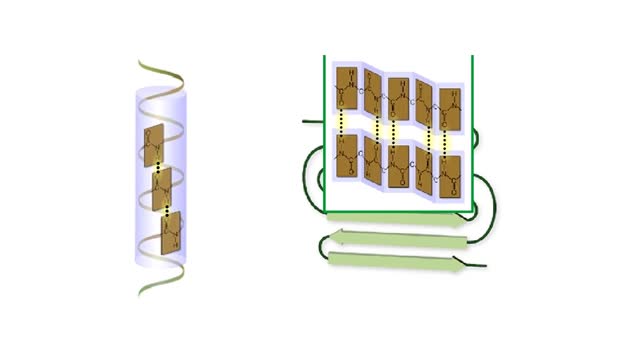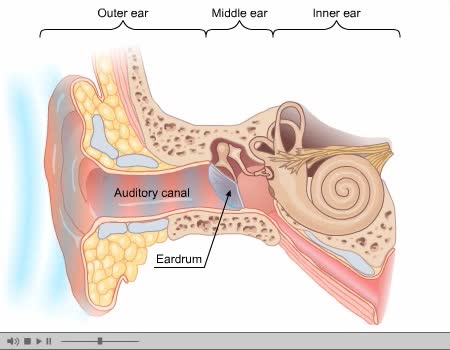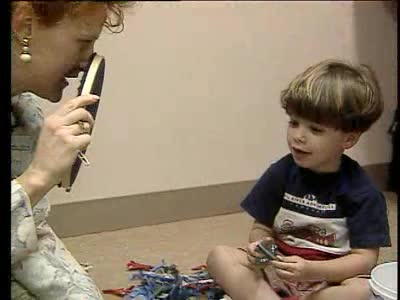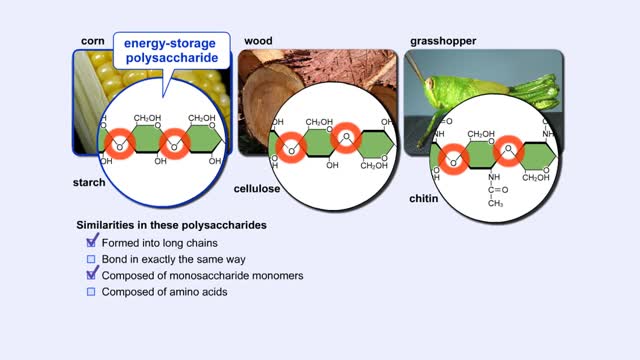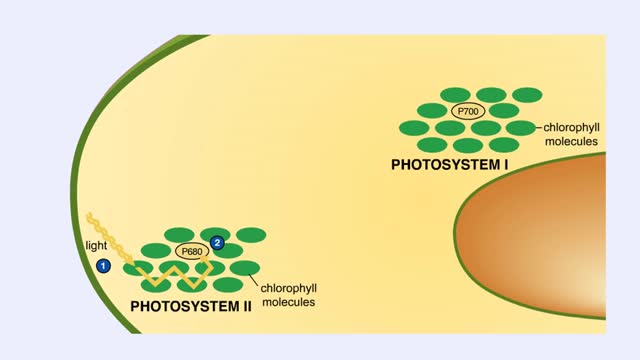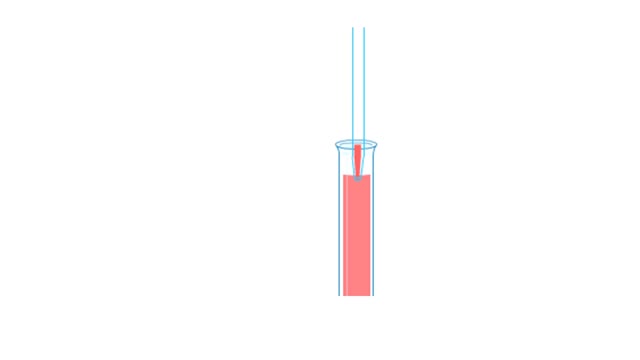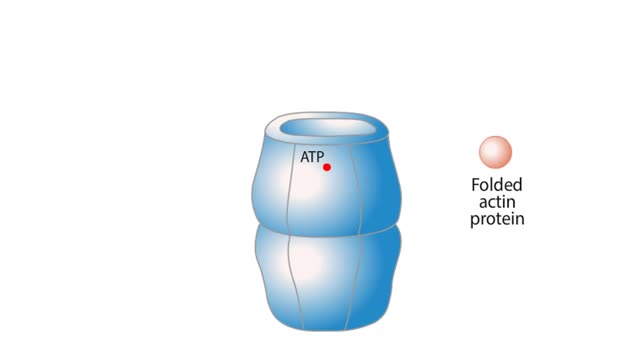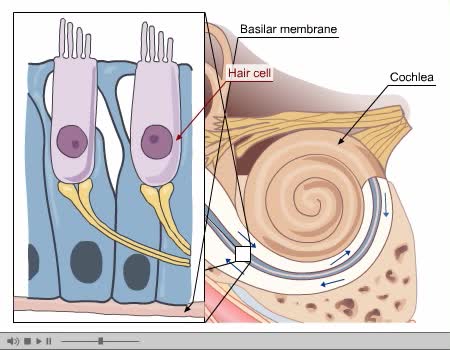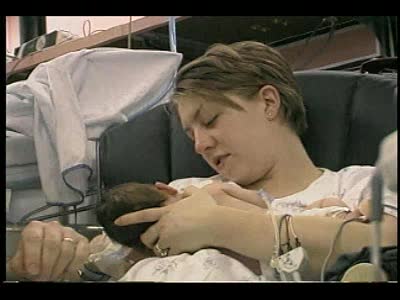Search Results
Results for: 'Part 2'
Secondary and tertiary levels of protein structure Animation
By: HWC, Views: 4762
Amino acid sequence dictates a protein's final shape. The presence of certain amino acids favors a pattern of hydrogen bonding that causes part of the polypeptide chain to coil and twist into an alpha helix. The presence of other amino acids enables hydrogen bonding between strand like re...
By: Administrator, Views: 13917
The ear is the organ of hearing and, in mammals, balance. In mammals, the ear is usually described as having three parts—the outer ear, the middle ear and the inner ear. The outer ear consists of the pinna and the ear canal. Since the outer ear is the only visible portion of the ear in most ani...
By: Administrator, Views: 14104
Deaf culture is the set of social beliefs, behaviors, art, literary traditions, history, values, and shared institutions of communities that are influenced by deafness and which use sign languages as the main means of communication. When used as a cultural label especially within the culture, the...
By: HWC, Views: 10489
More complex sugars are called polysaccharides (from "poly" meaning "many" and "saccharum" meaning "sugar"). Many things in nature are made of polysaccharides. Here we show one of the polysaccharides in corn, another in wood, and another in the exoskeletons of insects like grasshoppers. How are a...
Chloroplast Structure & Light Dependent Reactions (Photosystem 1 and 2 Cyclic Electron Flow)
By: HWC, Views: 10445
The leaf is the principle photosynthetic organ of the plant. This is a cross section of a leaf. The rectangular-shaped cells are part of the photosynthetic tissue called the palisade mesophyll. Each photosynthetic cell can contain several hundred organelles known as chloroplasts. The chlorop...
A Human Karyotype Preparation Animation
By: HWC, Views: 8199
Blood is collected from the person being analyzed. The blood is added to a growth medium that also contains a chemical that stimulates mitosis. The cells are allowed to grow in this medium for two or three days at body temperature. Colchicine is added to arrest cell division at metaphase. T...
By: HWC, Views: 10518
The life cycle of a typical protein begins with its synthesis on a ribosome. As the polypeptide chain grows, molecules of a chaperone protein bind along its length. This prevents misfolding of the nascent polypeptide. ATP binding causes chaperone release. For most proteins, the polypeptide th...
By: Administrator, Views: 14211
Process of Hearing Sound waves are directed to the eardrum, causing it to vibrate. These vibrations move the three small bones of the middle ear (malleus, incus, and stapes). Movement of stapes at oval window sets up pressure waves in the perilymph and endolymph. Process of Hearing The wav...
By: Administrator, Views: 430
Circumcision is the removal of the foreskin from the human penis. In the most common procedure, the foreskin is opened, adhesions are removed, and the foreskin is separated from the glans. After that, a circumcision device may be placed, and then the foreskin is cut off. Topical or locally inject...
Advertisement



